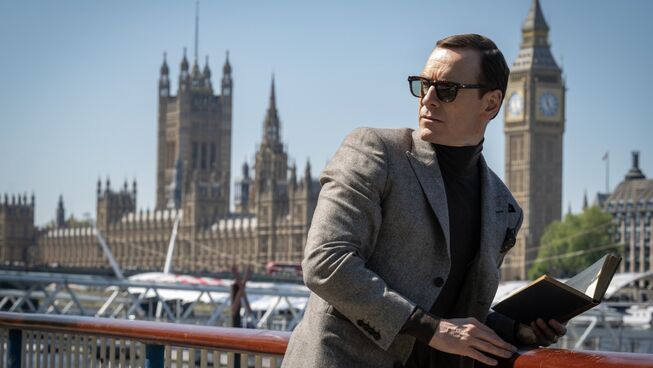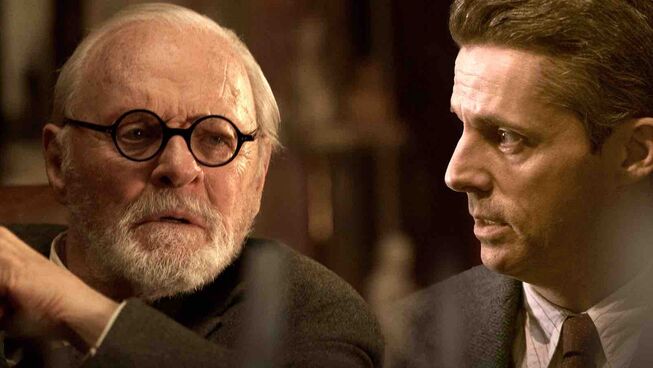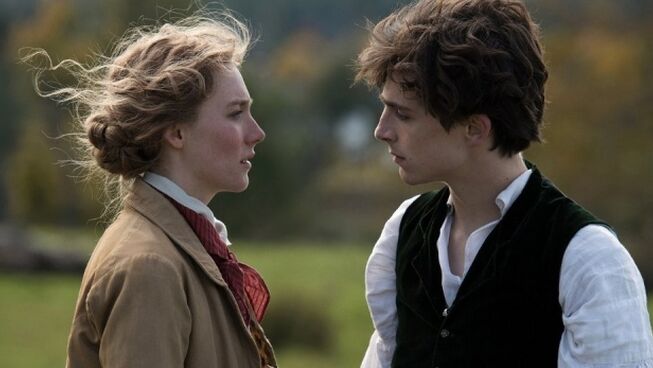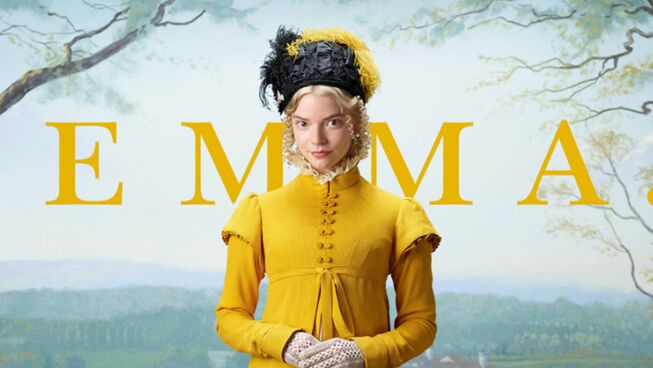Ode to the Rom Com
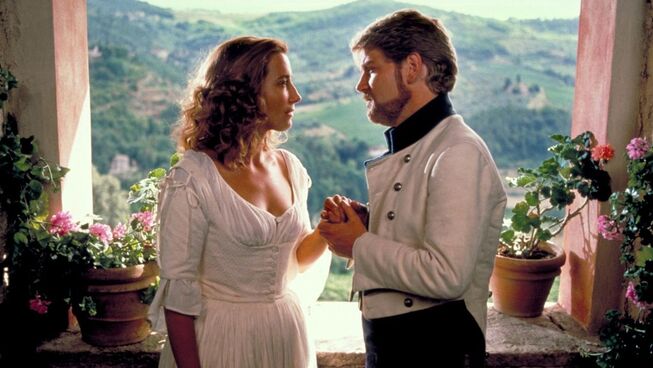
I’ve always loved a romantic comedy, it started as a guilty pleasure in my teens and became a guiltier pleasure in my twenties. Structurally, the romantic comedy has its origins in Shakespeare’s comedies, which although romantic, were not exclusively about romance. In fact, these classic plays reflect our social anxieties and provide vicarious relief through resolving all the narrative tension at the end.
The origins of the romantic comedy
The situational premise for Shakespeare’s comedies bears striking similarity to the modern romantic comedy, beginning with some kind of misfortune or disillusionment. In Twelfth Night (1623) Viola is shipwrecked and is cast alone onto a strange shore, separated from her twin brother Sebastien. In The Proposal (2009) Margaret faces deportation for failing to renew her American Visa. In As you like it (1599) Rosalind’s father has been usurped at court and flees to the forest. In Legally Blonde (2001) Elle Woods is dumped by her boyfriend and loses the associated success and security of marrying a man with high prospects.
To offset this stress, there are hijinks, cross-dressing in Twelfth Night and As you Like it, the comedic brilliance of a donkey called “bottom” in Midsummer Night’s Dream (1596), the razor sharp repartee between Beatrice and Benedick in Much Ado about Nothing (1598). It’s easy to find this trope of comic relief in the modern day rom com. When Harry Met Sally (1989) has its restaurant scene where Meg Ryan really enjoys a salad, and Billy Crystal sees his ex with her new man while singing "Surrey with a fringe on top" on a karaoke machine in an electronics store.
There also needs to be drama or confusion, A Midsummer Night’s Dream disrupts the harmony of two sets of lovers, Much Ado about Nothing includes a smear campaign targeting the chaste reputation of Hero. In Notting Hill (1999), Will’s roommate Spike tips the media about movie star Anna’s sleepover at his house, and Mr and Mrs Smith (2005) are both secretly spies on opposite sides.
Beyond these tropes, comedies reflect our deepest social and financial anxieties; will someone love me? Will I have enough money? Will I be happy? However, the modern rom com reflects anxieties unencountered in Shakespeare's day, the female desire for success in the workplace.
Although women are witty, intelligent and articulate in the Shakespearean comedy, they are seldom financially independent. Portia moonlights as a lawyer to save the day in The Merchant of Venice (1597) but quickly assumes the role of wife at the end of the play, Rosalind and Viola dress as men to enjoy safety or anonymity but willingly return to their “women’s weeds” at the end when they are married and protected.
The new love: A girl and her job?
In contrast, Kate in Picture Perfect (1997) fakes a fiance to advance her advertising executive career path, Margaret’s powerful executive role in The Proposal must be saved at any cost, even if it means marrying her hapless male assistant and Elle Woods casts off her aspirations to be a politician’s wife and becomes a talented lawyer in her own right in Legally Blonde.
Newer sub genres of the rom com celebrate the love between a girl and her job, rather than their romantic partner. In Morning Glory (2010), Becky plays the producer of a sub-standard morning show and masters the chaos of spoiled and sullen colleagues, and secures the loyalty and respect of the warring co-anchors. In The Intern (2015) Jules comes to terms with her overwhelming success as the CEO of a fashion start-up despite her family issues. Unlike rom coms in earlier years in which women need to be disciplined for being power hungry, later films present a balance between achieving at work and enjoying relationships without consequence.
The rom com is more than a frothy romp for checking out from the real world, there is a kind of fairy-tale quality to them, in which all the threads are tied neatly and snipped at the end, giving a sense of order, peace and satisfaction, with some laughs along the way.
Scripture as Comedy
In Telling the Truth: The gospel as tragedy, comedy and fairy-tale, (1977) Buechner recounts key biblical stories as though in a modern genre. Translating the story of Sarah and Abraham he writes:
They put the house on the market and gave the colour tv to the hospital and got a good price for the crib and the bassinet because they had never been used...Abraham wrote an eloquent letter of resignation to the president of the company and got an equally eloquent one in reply, assuring him there would always be a job waiting for him if he changed his mind and came back. “If he ever regained his senses and came back” was the way the president in his first draft because though he thought religion was a good thing, like social security and regular exercise, he didn't think it was something to go overboard about.. (p, 51, Buechner, 1977).
Sarah laughs when the angel says she will have a son, Abraham bungles his opportunity not once, but twice to own Sarah as his wife, and yet all ends well. Not as an inevitable consequence of the genre, but due to the guiding of an omnipotent power.
Joseph is wrongly accused of sexual assault, goes to prison, helps the wine bearer of the king from behind bars and rises to be second in command, saving his family from starvation in the process. Jesus endures shameful betrayal, painful death and bears the sins of humanity, before rising to glory.
When Jesus’ friends are walking and discussing how terribly his loss has affected them, Jesus disguises himself and overhears their conversation, before unveiling himself. It is a deeply comic moment, but all the more because it comes after great loss, sorrow and suffering in which all possible hope was extinguished.
Where is your happy ending?
Is your life a comedy?
If so, are you in the depths of job loss, economic downturn and family problems, or are you enjoying some of the fruits of an upturn? Whatever part of the story your life is in right now, there is a greater story in which you belong, and it ends well.


